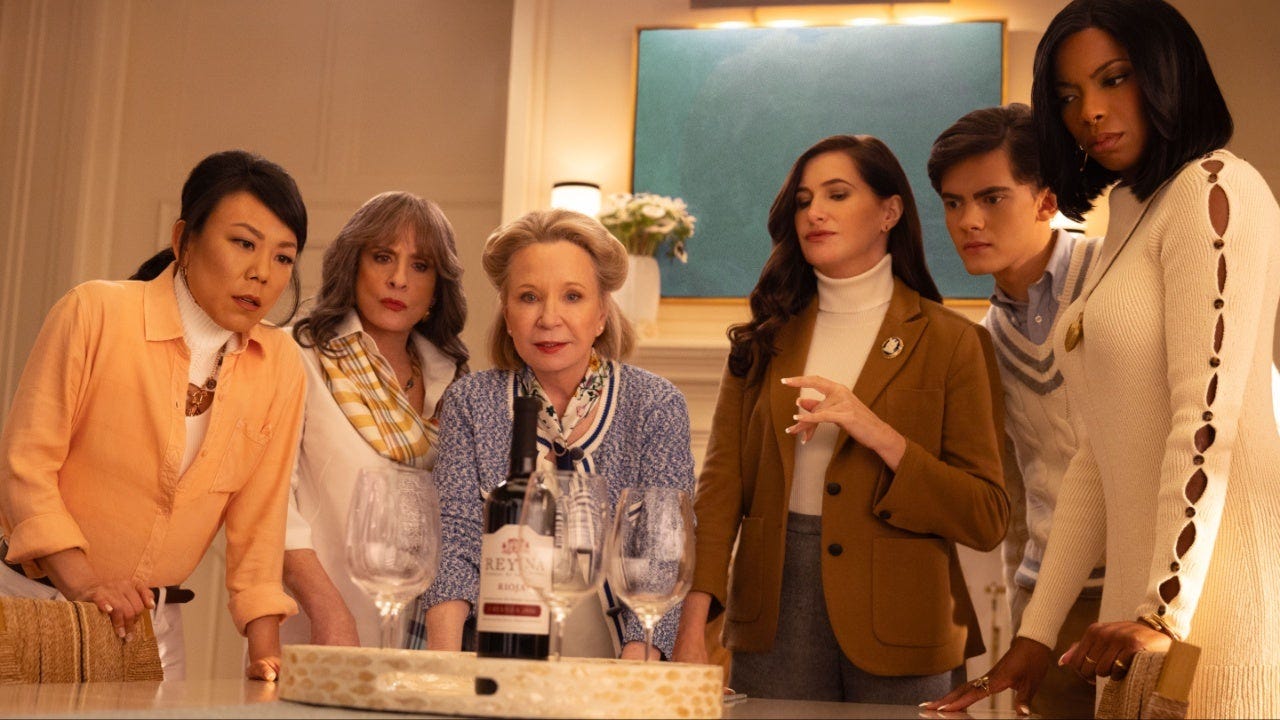The Witches’ Road: A Radical Feminist Perspective on Illusions of Empowerment
Drawing Parallels Between the Witches' Road and Patriarchy's Deceptive Paths
*Caution: Spoilers Ahead*
I thoroughly enjoyed the Marvel mini-series Agatha All Along. Beneath its supernatural elements I found an exploration of how concepts appearing to be a path to one’s own objectives can ensnare and exploit women to instead primarily contribute to the male desires, however deep or superficial. This theme emerges in the final epis…




